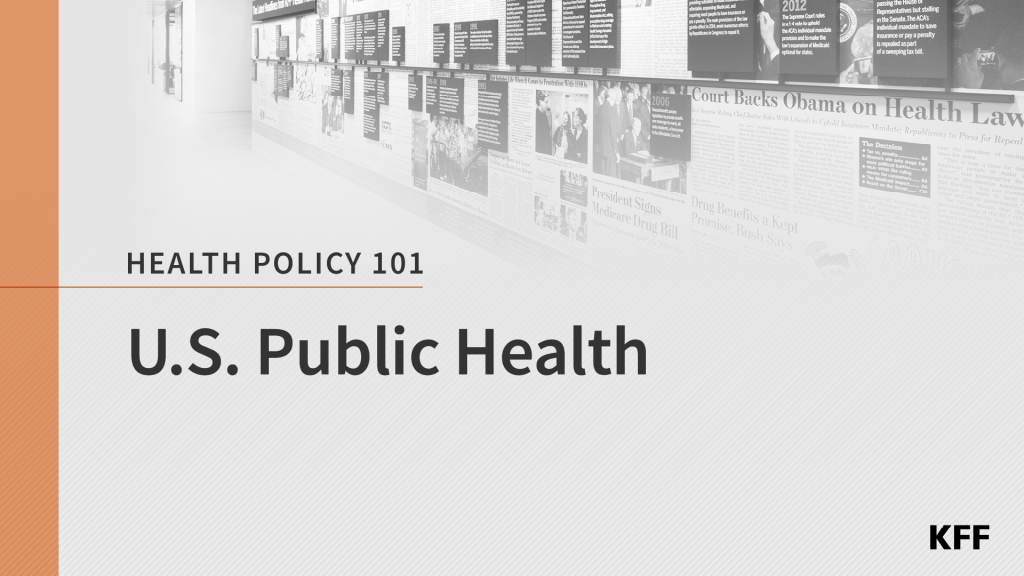Nearly Four in Ten Say Their Households Were Sick with COVID-19, the Flu, or RSV Recently Even as Most People Say They Aren’t Too Worried About Getting Seriously Ill
Booster update remains modest; half of those already boosted are waiting for updated CDC guidelines to get another dose Nearly four in ten (38%) people say their households were affected by this winter's triple threat of viruses, with someone getting sick with the flu, COVID-19, or respiratory syncytial virus (RSV), and nearly half (46%) say…
